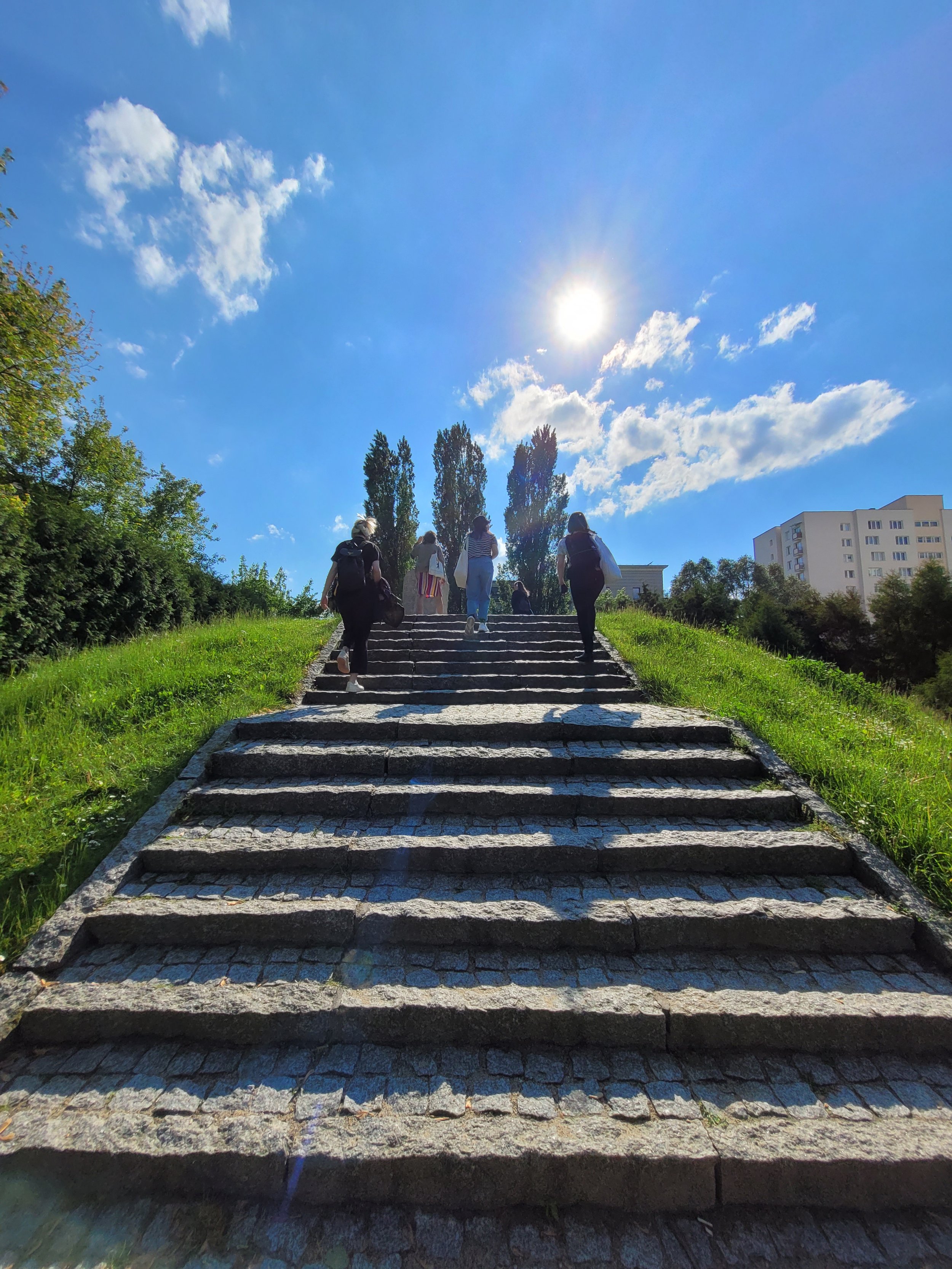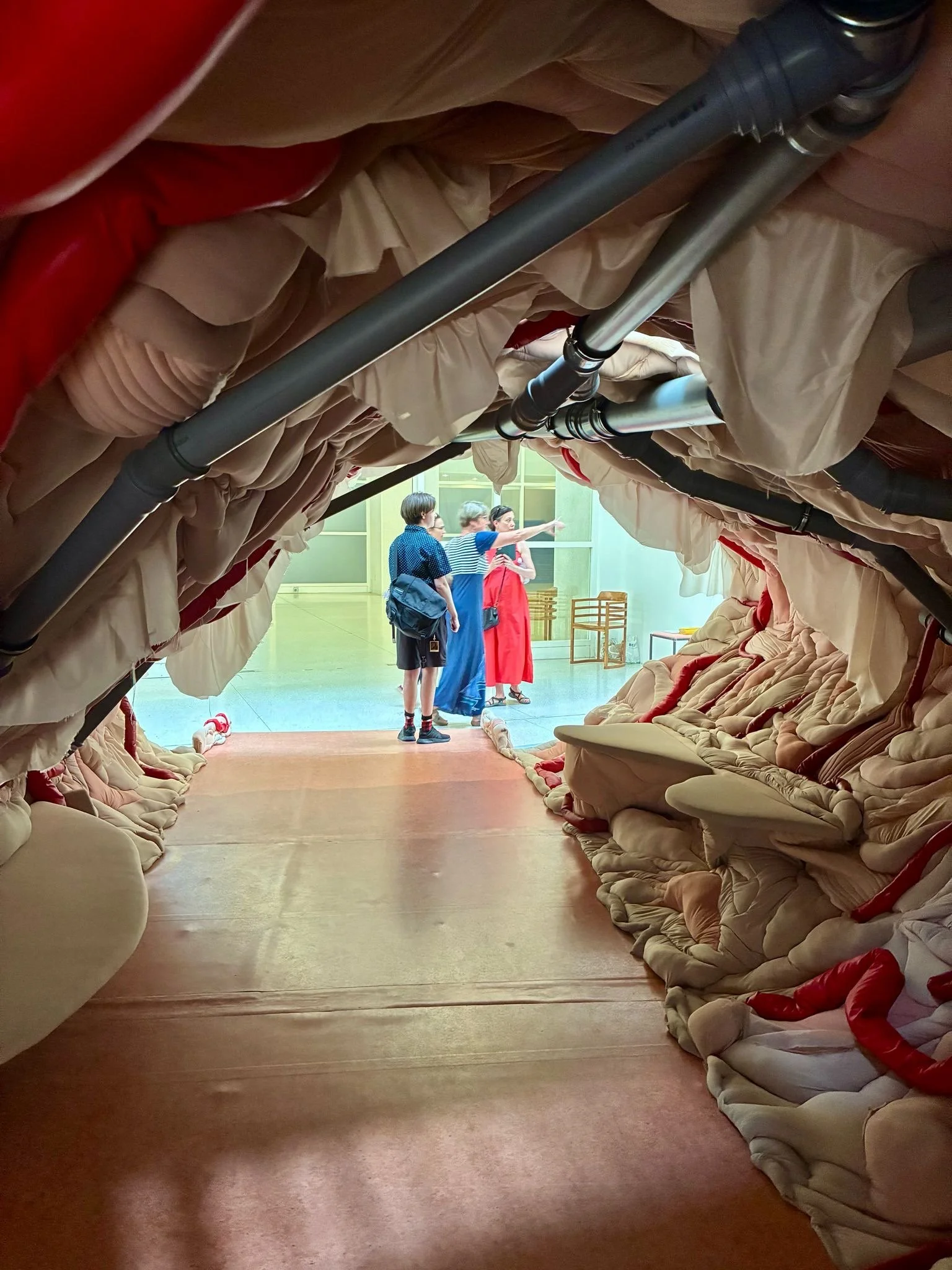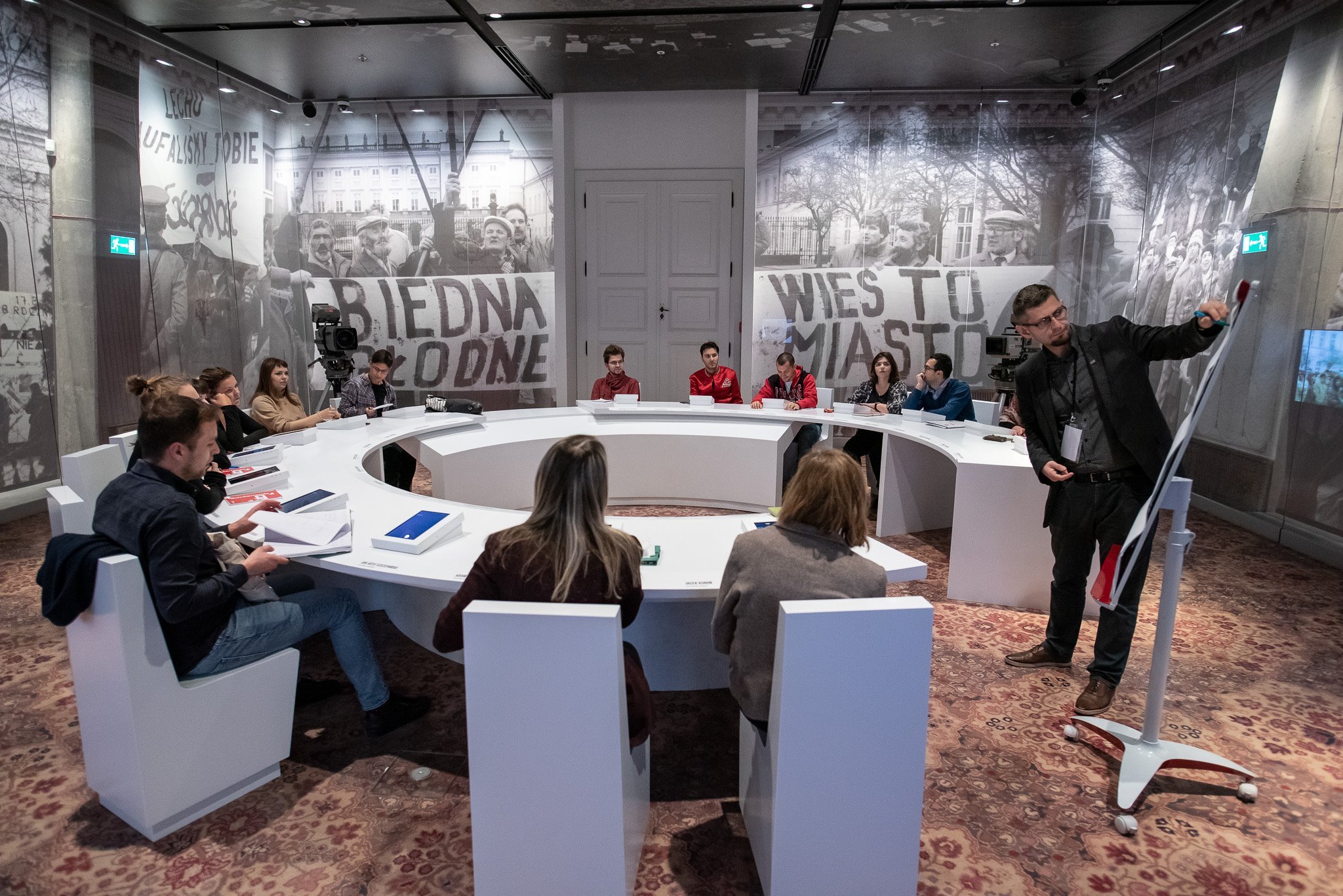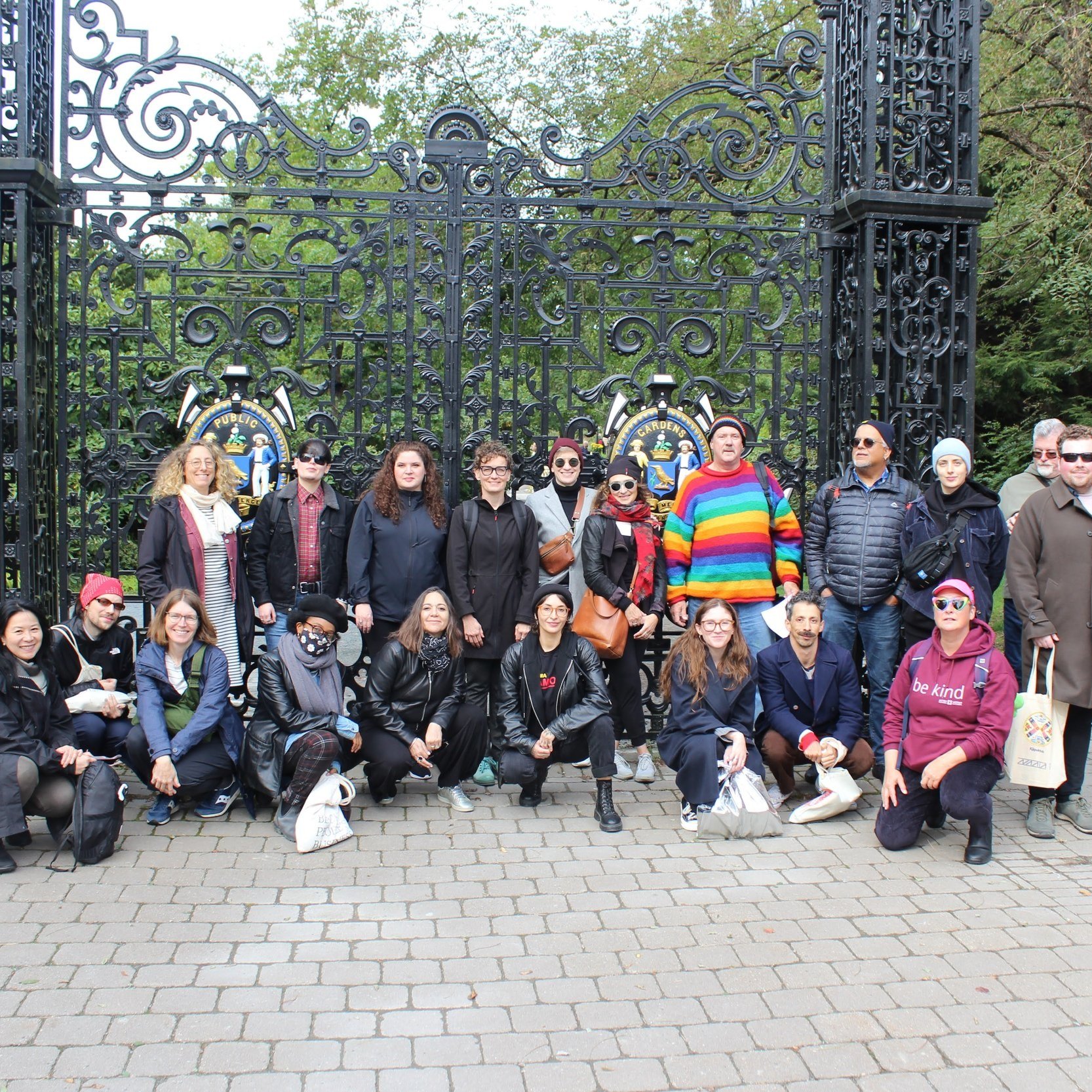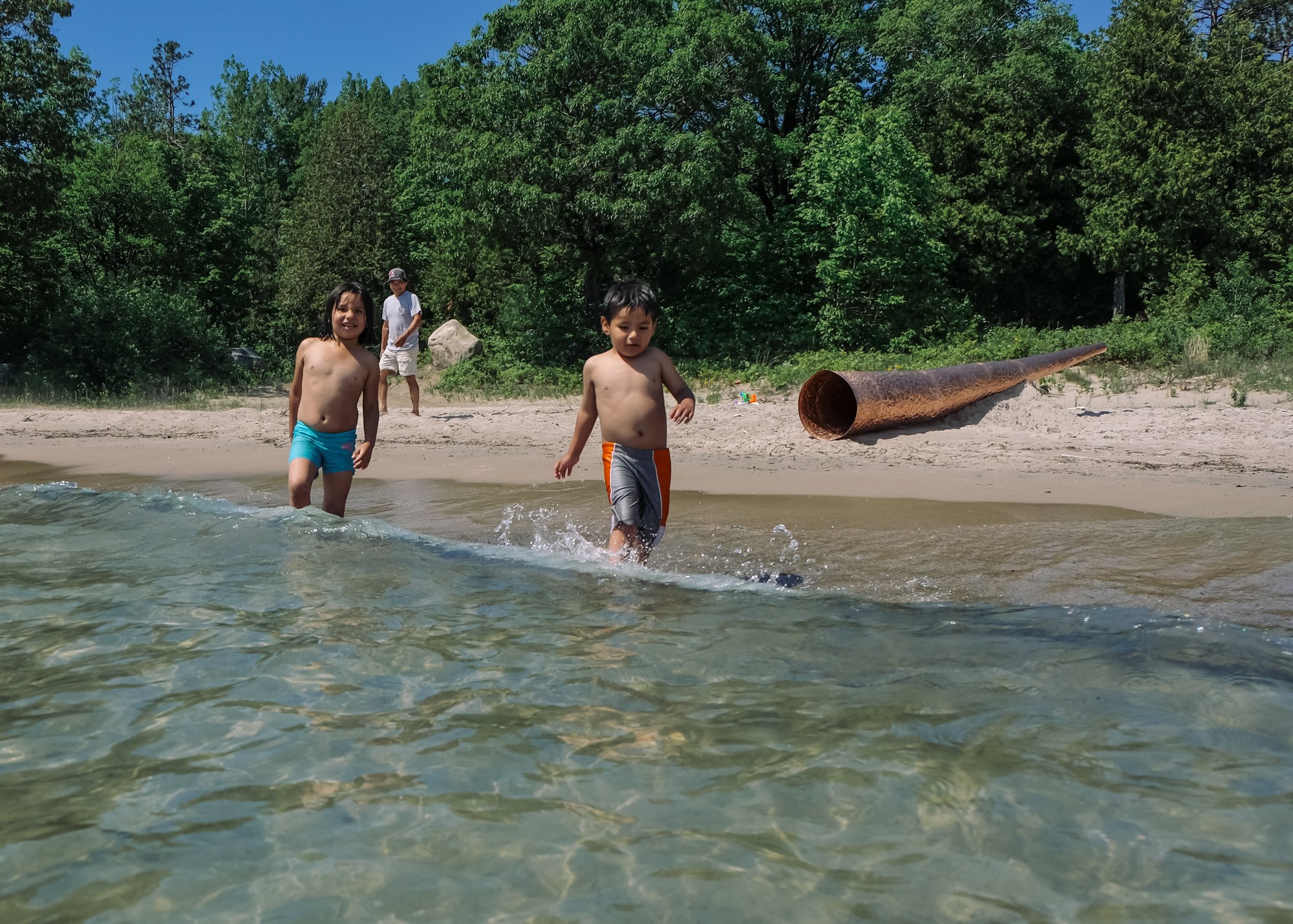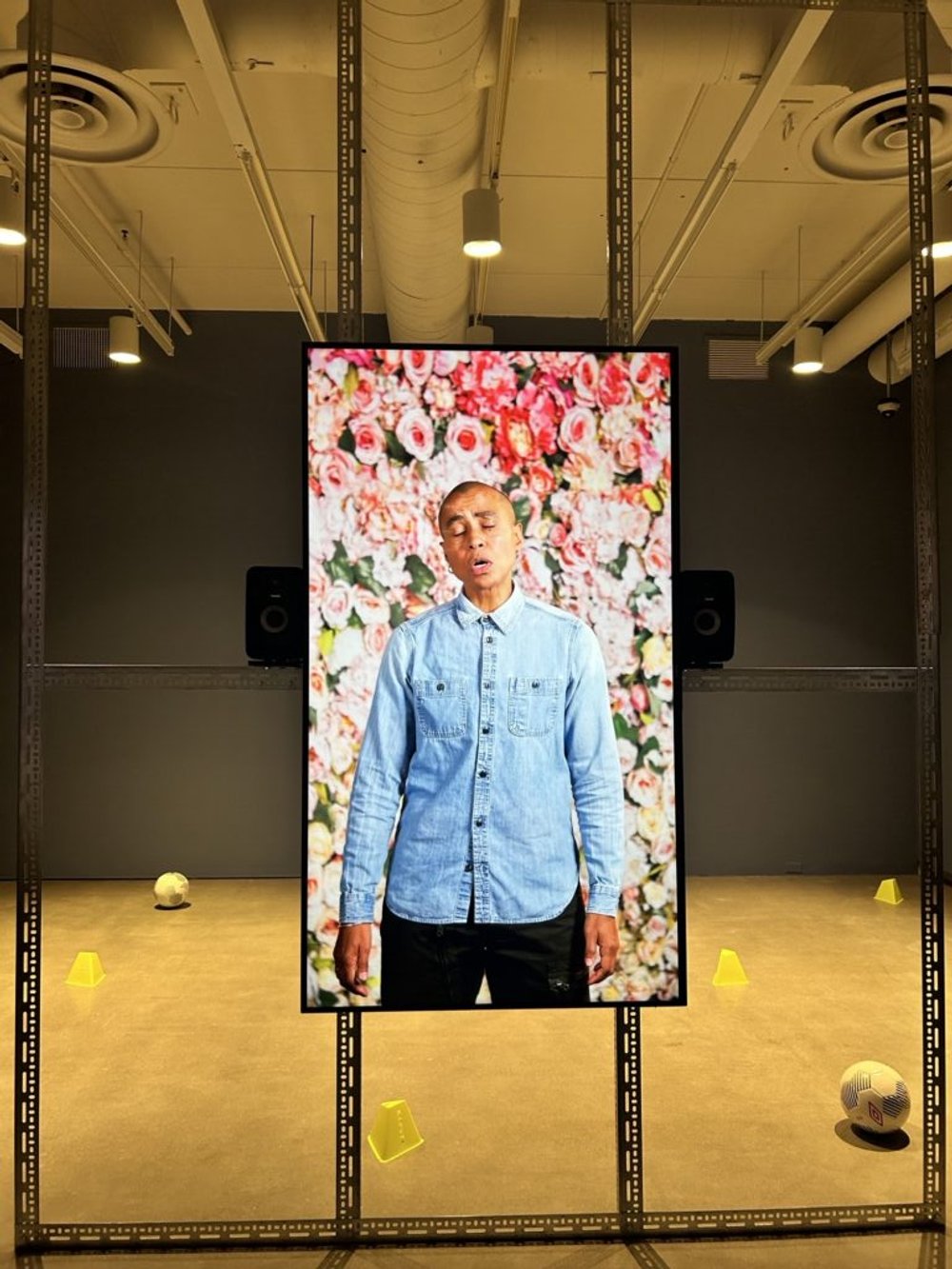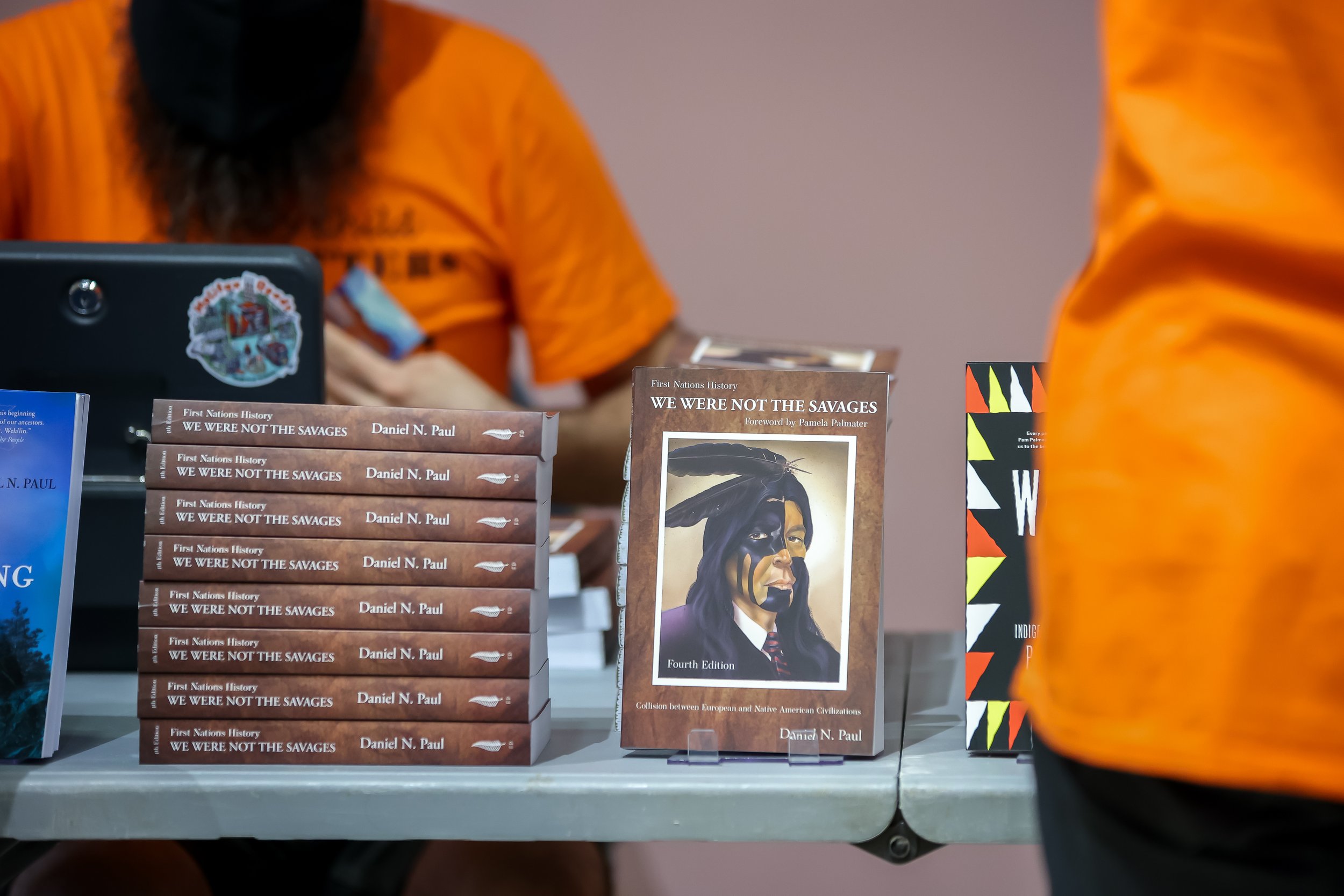SnapThoughts: Warsaw Workshop
From May 30 to June 4, 2022, partner organization POLIN Museum hosted TTTM’s first face-to-face workshop. Scholars, practitioners, and students travelled to Warsaw, Poland to share their progress on ongoing research & curatorial projects, and discussed pressing issues regarding heritage preservation and critique related to current crises in the East-Central European region. Members of the Emerging Scholars and Practitioners Committee (ESPC) offer the following SnapThoughts about their experiences:
Picture by Krista Collier-Jarvis: TTTM members ascend the stairs at the 18 Mila Street bunker, the place of rest for the fighters of the Warsaw Ghetto uprising who perished in 1943.
Being invited to participate in this year's TTTM Warsaw workshop as Research Assistant has been such an amazing experience, and there is so much I could say about the trip beyond this short SnapThought. The panels, tours, and roundtables have all been incredibly enriching. Seeing everyone from other clusters and from the Warsaw community piece together a complex overview of Poland made me see how productive the TTTM collaboration really is, and made me excited for the future of the project.
One critical event in the program for me was our tour around POLIN led by Joanna Fikus. It was fascinating to see Joanna lead us into conversations that went beyond what was shown in the exhibits. Her telling us about the work that goes behind curating history and the ongoing investigations behind each of the galleries reminds us that what is on display is often unfinished work. Beyond the program, I also found that my most memorable experiences came outside of the workshop's schedule. I learned so much from other TTTM students, collaborators, artists over lunch, dinner, coffee breaks, and especially over group walks. The conversations I've had with everyone have really helped solidify how meaningful the work of interrogating the museum really is.
I also want to briefly thank our ESPC members, coordinator, and representatives in and out of Warsaw for their work in making the workshop experience accessible and more approachable! Thank you!
Written by Mika Castro
The TTTM Year 2 workshop in Warsaw was the first time I met most of my cluster (National Heritage & Traumatic Memory) and talked about our TTTM research to others outside of the circle of my familiar (if virtual) colleagues. I was particularly excited for the Children’s Museology roundtable because I had practically no working knowledge about this subject, and I was curious to see how Canadian and Polish perspectives would complement one another. I was struck at the spectrum of possibilities for shifting the role of the child from passive receiver to active participant. Instead of centering a nostalgic and sterile version of childhood, the speakers presented examples that encouraged curiosity and a willingness to be open. Perhaps the most valuable experience of the workshop was to witness tangible collective action; whether that was taking place on the stage of the Powszechny Theatre, or while we were sitting and intently thinking of questions for the speakers. We came together with open minds and an eagerness to bridge the spaces between our clusters’ different core concerns, and collaboratively weave connections we hadn’t realized might be waiting to be drawn out.
Written by Aggie Frasunkiewicz
Picture by Krista Collier-Jarvis: TTTM members (from left to right) Emily Keenlyside, Aiden Gillis, Hugo Rueda, Karina Roman Justo, and Dorota Glowacka stand upon the wall that encircles Old Town in Warsaw.
When does a site becomes a site of memory?
How can we manage the tension between commemoration and forgiveness?
Is remembering a deliberate act?
These questions open the jottings in my Warsaw notebook. They remain, not yet answered, along with suggestions for pierogi restaurants and thoughts on architectural destruction and reconstruction. Next to them, an almost hidden footnote reads: Are some histories more difficult than others? A difficult question, no doubt.
Questions, like objects and images in a museum, can endure. The way we approach them, however, may not. The set of questions that form my small Warsaw archive is not new to me or my professional work. They have been around for a while. I still don’t have answers, but the workshops, talks, walks, and drinks I shared with an incredible group of brilliant and generous people have allowed me to look at them from new and intellectually challenging perspectives. I view this challenge as an invitation to look beyond the obvious. And I accept it.
Written by Hugo Rueda
Picture by Krista Collier-Jarvis: TTTM members attend “Hiding Places - Survival Architecture” at the Zachęta – National Gallery of Art. TTTM member Aiden Gillis looks upon a portion of a hideout from a Jewish Cemetery.
The TTTM team’s trip to Warsaw, Poland brought together representatives from each cluster for a fruitful week of discussions around issues of national heritage and traumatic memory. Our engagement with these themes operated across several registers: from theoretical reflections on commemorative best practices to tangible encounters with traces of trauma in the Polish landscape. As a team we managed to confront these conversations from various angles, interrogating them through the perspectives of researchers, practitioners, and students.
One topic that haunted the week’s discussions was the subject of ethics. Some of the issues we explored included the ethics of conducting recovery projects at sites commemorating violent atrocities, concerns around questioning authority when that source of authority is also responsible for an institution or a project’s funding, and the issues involved in consenting to being publicly remembered. Conversations around receiving consent from those under eighteen were especially thought provoking, and attempts to capture and commemorate young people’s experiences of traumatic memory remain both challenging and controversial. What ultimately came from these conversations was a commitment to commemorating through a lens of care, one that will undoubtedly carry through the many TTTM projects to come.
Written by Rebecca Friend

